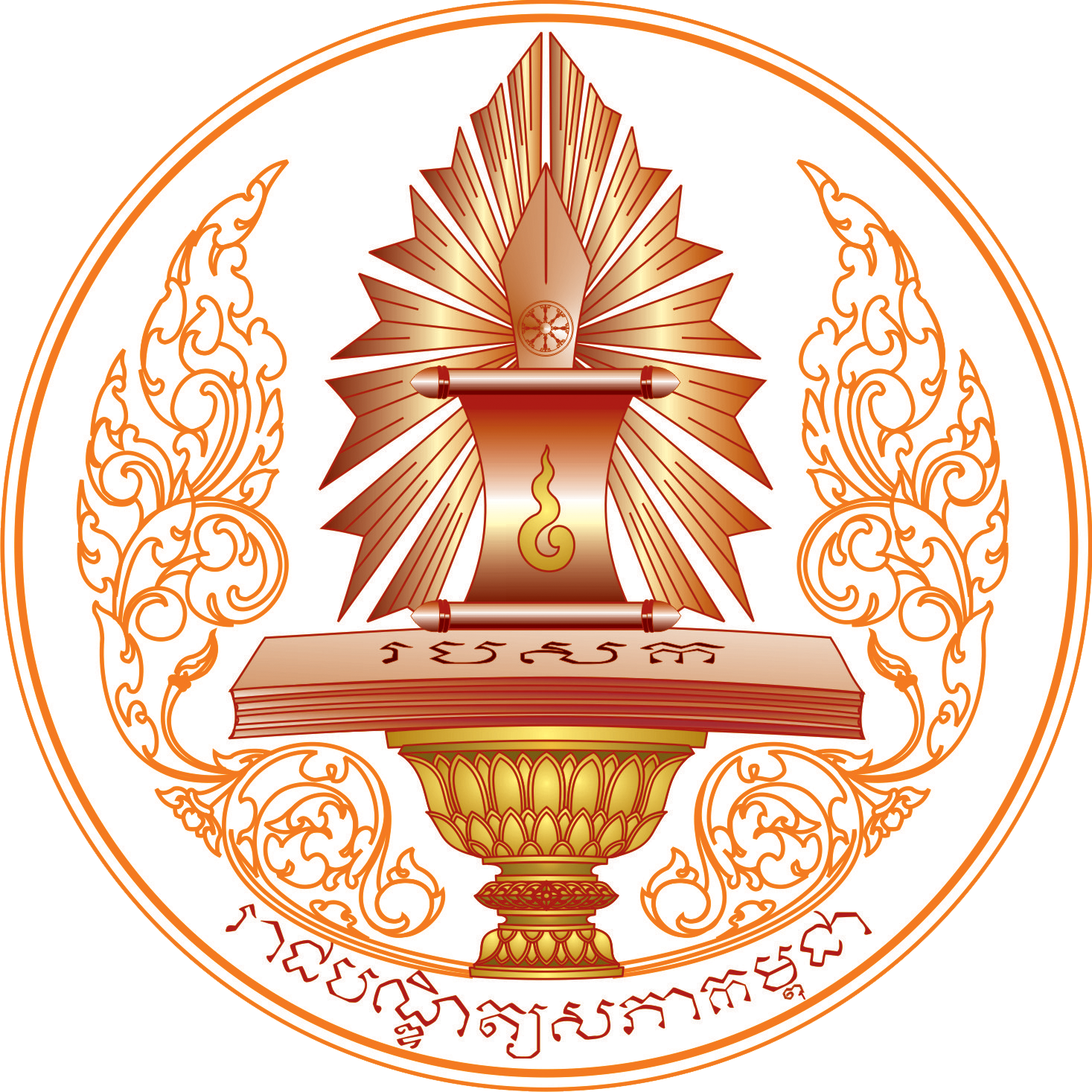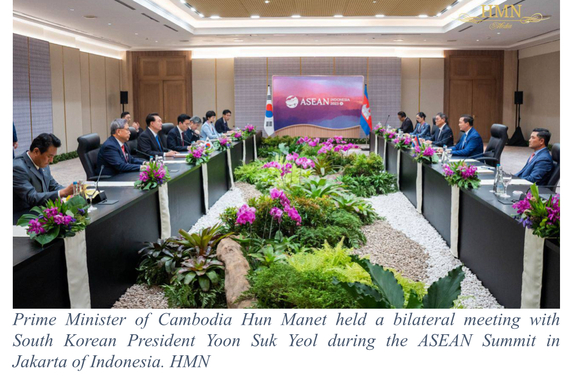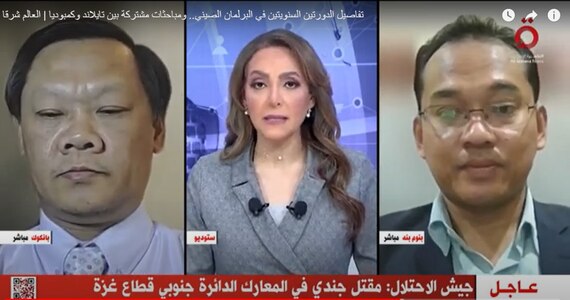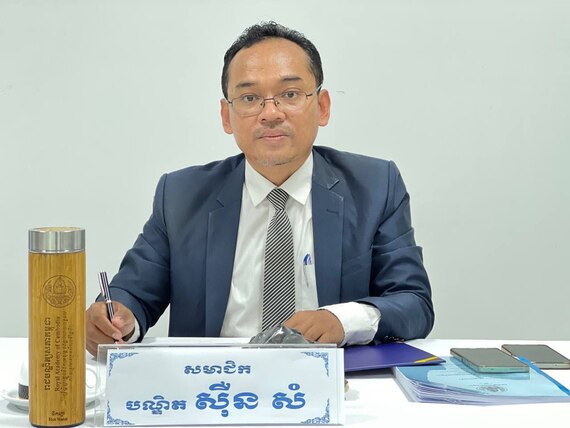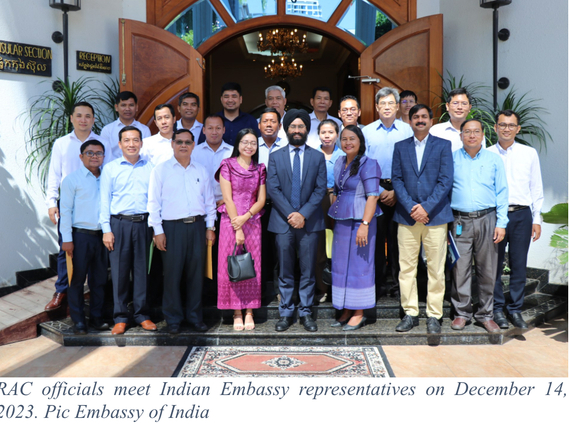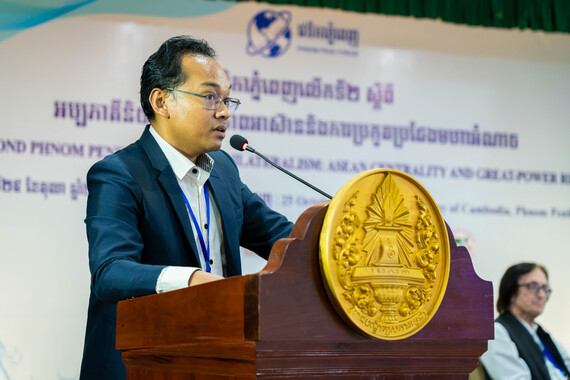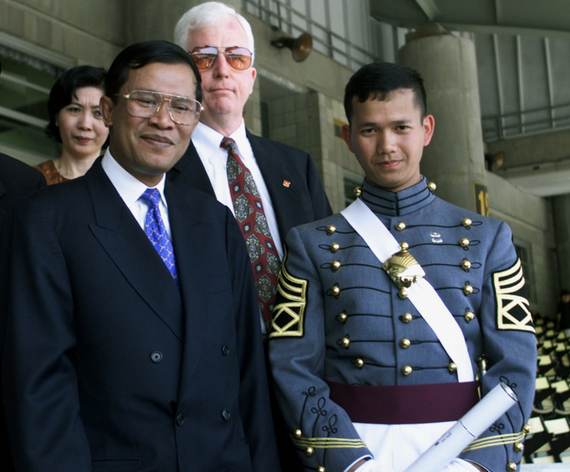ព័ត៌មាន

Cambodia has a long history of academic excellence and a rich cultural legacy. The nation's academic community has, however, been dealing with an unparalleled problem in recent years. With decreasing student enrollment, a dearth of skilled teachers, and significant financial struggles at many universities and colleges, the situation is grim. The quality of education has significantly decreased as a result of this problem, endangering the future of the nation's youth.
Many individuals are concerned about the quality of the educational system in Cambodia today. Many obstacles still exist despite government efforts to raise educational standards. The lack of resources is one of the main issues facing the Cambodian educational system. Many educational institutions are underfunded and lack essential resources like textbooks, computers, and classrooms. This makes it challenging for teachers to provide their students with a high-quality education.
The lack of skilled teachers is another problem. There is a significant turnover rate among teachers in Cambodia because they are frequently underpaid and inadequately qualified. Students aren't getting the education they need to succeed in life because there aren't enough skilled teachers teaching them.
In addition, the central government controls a significant amount of the education system in Cambodia. This has led to a lack of adaptation and flexibility in the system, making it challenging to meet the shifting demands of students and society.
Despite these difficulties, the educational system in Cambodia has made some progress. The government has started a number of programs to raise the standard of education, such as raising teacher pay, constructing new schools, and offering scholarships to kids from underprivileged backgrounds.
The educational system in Cambodia is currently in a mixed situation. Although there are many obstacles to overcome, certain encouraging developments offer optimism for the future. It is possible to raise the standard of instruction and provide Cambodian students the resources they need to be successful in life by addressing the root causes of the educational system's problems and putting sensible remedies in place.
The lack of finance for education in Cambodia is yet another significant problem. The government only devotes a small fraction of its budget to education, which leaves colleges and universities with inadequate funding, and the underpaid professors.
A brain drain has also resulted from the lack of academic independence in Cambodia, with many of the nation's top scholars and researchers leaving for better chances elsewhere. This has exacerbated the academic problem in Cambodia by creating a shortage of qualified teachers and researchers.
It is obvious that a variety of intricate and interconnected elements are at play in the academic crisis in Cambodia. The solution to these problems will include a multifaceted strategy that includes governmental reform, improved educational funding, and a dedication to academic freedom and human rights. Only then will the school system in Cambodia be able to reach its full potential and help the nation advance.
Proposed solutions for the crisis
The current academic crisis in Cambodia has raised concerns throughout the academic world. Policymakers, academic institutions, and other stakeholders must pay immediate attention to the crisis and take immediate action. Here are some suggestions for how to deal with the crisis:
1. Increase money: Increasing money for universities and research institutions is one of the most important remedies to the academic crisis in Cambodia. Increased money may contribute to higher-quality infrastructure, research facilities, and educational programs.
2. Encourage Collaboration: Encouraging collaboration between universities and research institutions can help in sharing resources, knowledge, and expertise. Collaboration can help in improving the quality of research and education in the country.
3. Improve Teacher Training: Improving teacher training is critical to improving the quality of education in Cambodia. Providing teachers with the necessary skills, knowledge, and resources can help in improving their teaching effectiveness and student learning outcomes.
4. Enhance Curriculum: Enhancing the curriculum to meet the current needs of the job market can help in improving the employability of graduates. The curriculum should be designed to provide students with the necessary skills and knowledge required to succeed in their future careers.
5. Address Corruption: Addressing corruption in the education system is critical to improving the quality of education in Cambodia. Measures should be taken to ensure that corruption is eliminated and that academic institutions are run transparently and efficiently.
By implementing these proposed solutions, the crisis in Cambodian academics can be addressed, and the academic community can work towards rebuilding the education system for a better future.
————
Dr. Seun Sam is a policy analyst of the Royal Academy of Cambodia.
